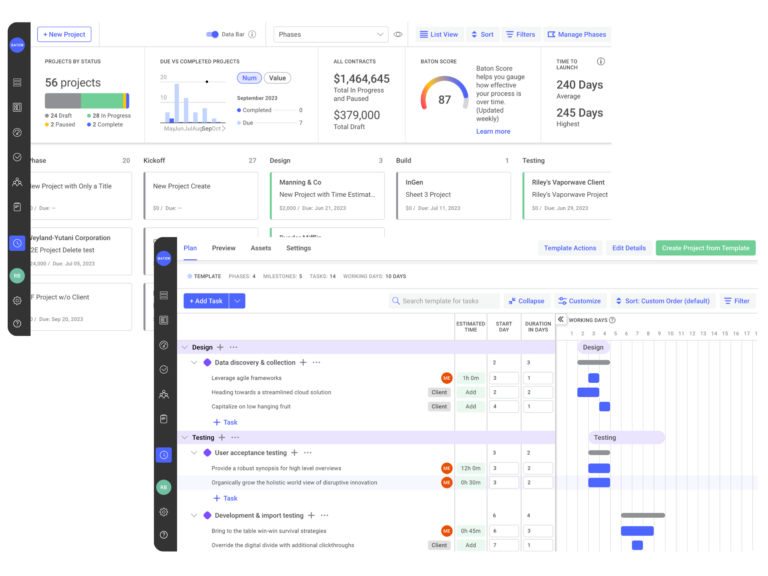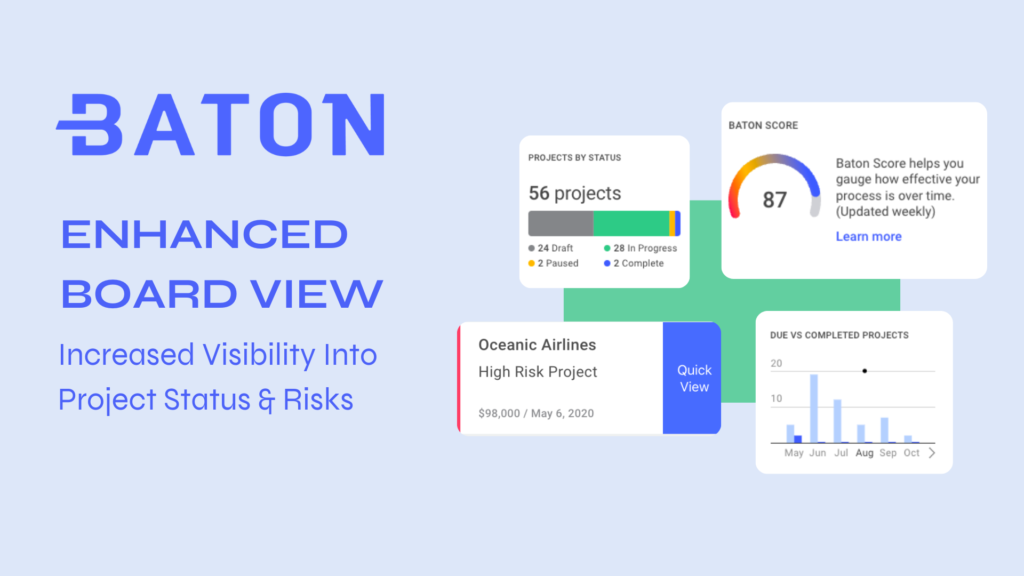In the ever-evolving landscape of technology, artificial intelligence (AI) stands out as a transformative force. From automating routine tasks to making data-driven decisions, AI software has the potential to revolutionize industries across the board. However, with great power comes great complexity. Implementing AI software successfully requires a deep understanding of its intricacies and a well-structured approach. In this blog, we’ll delve into the complexities of implementing AI software and why establishing standardized and efficient processes for software implementation and customer onboarding is crucial for AI software providers.
Understanding the Complexity of AI Implementation
AI software implementation is a multifaceted process that involves various stages, from data collection and preprocessing to model training, deployment, and ongoing maintenance. Each of these stages presents its own set of challenges and considerations, making the implementation process inherently complex.
Data Challenges
One of the primary challenges in AI implementation is data quality and availability. AI models heavily rely on data to learn and make predictions. However, sourcing high-quality data that is relevant to the problem at hand can be a daunting task. Moreover, ensuring data privacy and security adds another layer of complexity to the data aspect of AI implementation.
Model Training and Tuning
Once sufficient data is collected, the next step involves training and tuning the AI models. This process requires expertise in machine learning algorithms, as well as computational resources to handle large-scale data processing. Additionally, model tuning is an iterative process that demands continuous monitoring and optimization for optimal performance.
Deployment and Integration
Deploying AI models into production environments and integrating them with existing systems is another challenge. Compatibility issues, performance bottlenecks, and scalability concerns must be addressed to ensure seamless integration and efficient operation of AI software.
Maintenance and Iteration
AI implementation doesn’t end with deployment; it’s an ongoing journey. Continuous monitoring, maintenance, and iteration are essential to keep AI systems up-to-date, adaptive to changing conditions, and delivering value over time. Failure to maintain AI systems can lead to performance degradation and loss of trust in the technology.
The Importance of Standardized and Efficient Implementation Processes
Given the complexity of AI software implementation, establishing standardized and efficient processes is paramount. Standardization ensures consistency, scalability, and repeatability across implementation projects. Efficiency, on the other hand, minimizes time-to-launch, reduces costs, and improves the overall customer experience.
Consistency and Scalability
Standardizing processes for data collection, preprocessing, model training, deployment, and maintenance enables AI software providers to achieve consistency across projects. Consistent practices not only improve the quality of AI solutions but also facilitate scalability, allowing providers to handle a higher volume of implementation projects without compromising quality.
Reduced Time-to-Launch and Time-to-Value
Efficient processes streamline the implementation journey, reducing time-to-launch—the time it takes to go from project initiation to deployment—and time-to-value—the time it takes for customers to realize the benefits of AI solutions. By optimizing each stage of the implementation process, providers can accelerate delivery timelines and deliver tangible value to customers sooner.
Improved Customer Experience
A standardized and efficient implementation process translates to a better customer experience. Customers benefit from faster deployments, smoother onboarding experiences, and solutions that meet their expectations in terms of performance, reliability, and scalability. A positive customer experience not only fosters customer satisfaction but also promotes customer loyalty and referrals.
Leveraging Purpose-Built Solutions To Streamline AI Implementation
To achieve standardization and efficiency in AI software implementation, providers can leverage purpose-built implementation project management software.

These tools are designed to streamline the implementation process, automate repetitive tasks, track progress, and facilitate collaboration among project stakeholders. Here are some key benefits of using such software:
Task Automation
Implementation project management software automates routine tasks, such as data preprocessing, model training, and deployment, reducing manual effort and minimizing the risk of human errors. Automated workflows ensure consistency and accuracy across projects, enhancing overall productivity.
Progress Tracking
These tools enable real-time tracking of project progress, milestones, and key performance indicators (KPIs). Project managers and stakeholders can monitor progress, identify bottlenecks, and make data-driven decisions to keep projects on track and meet deadlines.
Collaboration and Communication
Effective collaboration is essential for successful AI implementation. Implementation project management software provides collaboration features, such as task assignment, file sharing, and communication tools, that facilitate seamless collaboration among team members, stakeholders, and customers. The tools also provide features that streamline the collection of forms, client feedback, asset collection, time tracking, and a client portal for improved task completion and stakeholder engagement.
Resource Management
Optimizing resource allocation is critical for efficiency. Project management software helps in resource planning, allocation, and utilization, ensuring that the right resources are available at the right time to support project objectives.
Reporting and Analytics
These tools generate comprehensive reports and analytics dashboards that provide insights into project performance, resource utilization, and outcomes. Data-driven analytics enable providers to identify areas for improvement, optimize processes, and demonstrate value to customers.
Understanding and Overcoming the Nuances and Challenges of AI Implementation
In conclusion, implementing AI software is a complex endeavor that requires careful planning, expertise, and efficient execution. Standardizing processes and leveraging purpose-built implementation project management software are key strategies for AI software providers to navigate the complexities of implementation, reduce time-to-launch and time-to-value, and improve the overall customer experience. By adopting standardized and efficient practices, providers can unlock the full potential of AI technology and deliver impactful solutions that drive business growth and customer satisfaction.
Easily Visualize Your Implementation Projects
Board View provides real-time status updates and data, allowing personalized views and advanced filters for a better understanding of project details and status.




